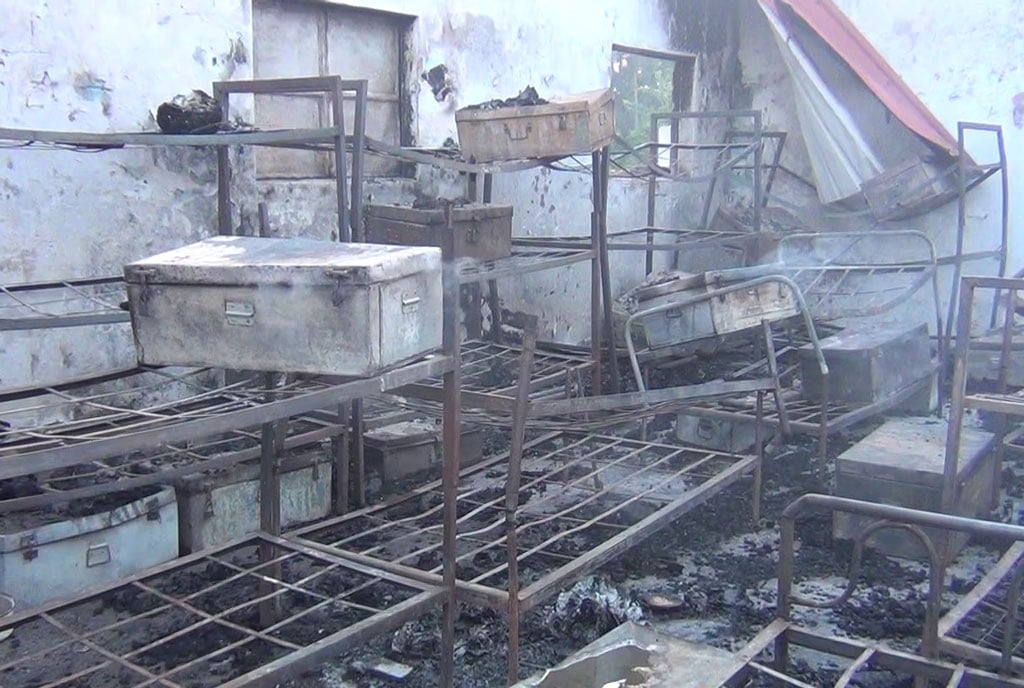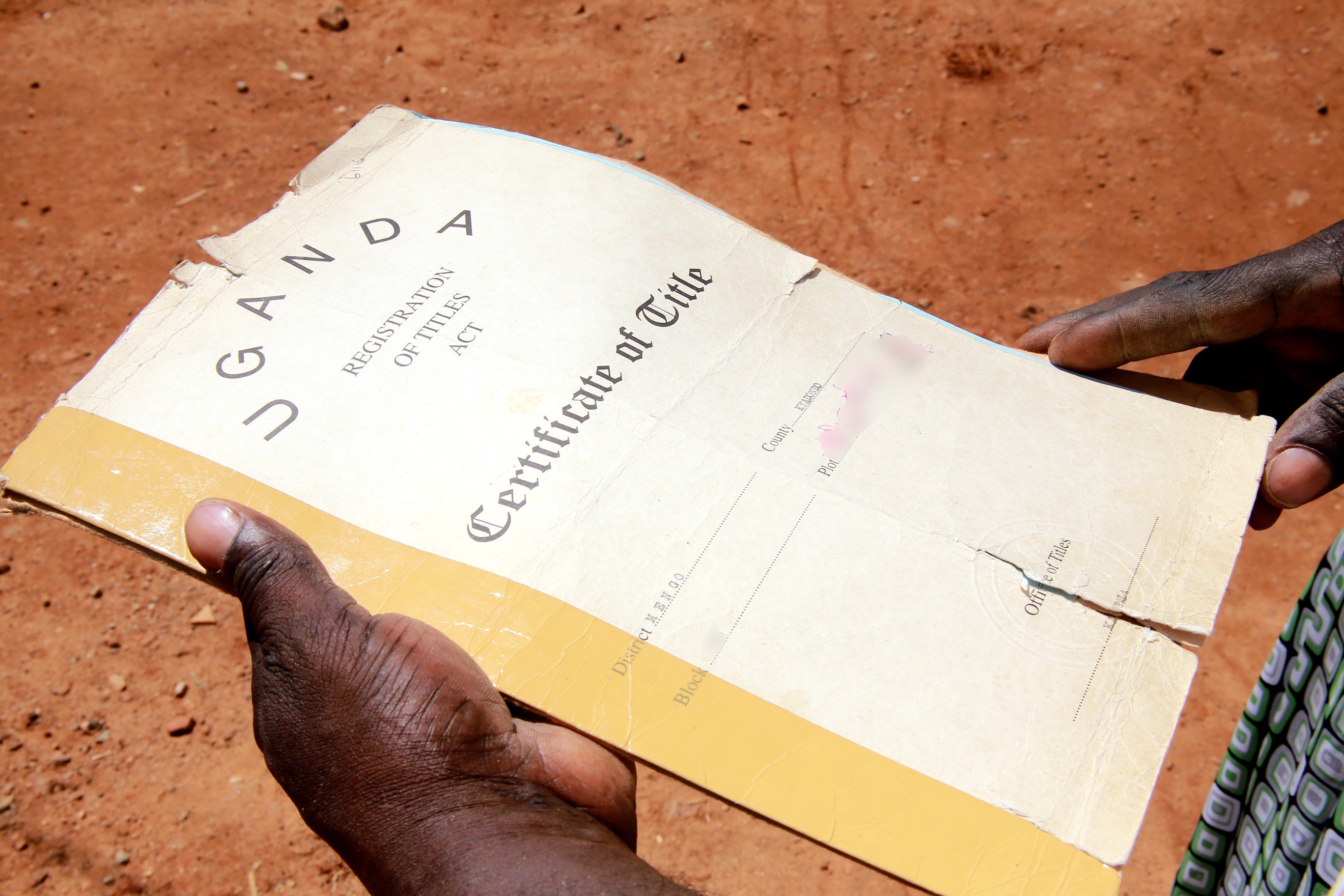Let’s discuss quality of teacher training

When teachers are not well trained, learners lose.
World Teachers’ Day came and went on Friday. It will come again next year, on October 5. That has been the trend since 1994 when the day was gazatted by Unesco.
Every Teachers’ Day, like it was the case on Friday, teachers’ organisations take the opportunity to ask for improved pay and other conditions for teachers, and government officials promise to incrementally work towards these ideals.
Many times the teachers through their associations will feel that the promises that were made to them were not fulfilled and find reason to protest, even go on strike. The authorities often make promises and offer some quick incentives to diffuse the situation until the next cycle.
What is rarely paid serious attention to, however, is the quality of the teachers that are supposed to train the next generation of Ugandan teachers, engineers, doctors, journalists, insurance brokers and other professionals.
Although some lip service is sometimes paid to this very serious subject, there is no evidence that any tangible efforts have been made to improve the teacher training colleges that train primary school teachers, national teacher training colleges that train secondary school teachers and schools of education in universities that train graduate teachers.
Apart from public universities where top performing students have over the years been enrolled to pursue degrees in education, teacher training colleges and national teacher training colleges have for a long time been enrolling some of the borderline students in terms of performance, those who may not be absorbed in higher institutions of learning to pursue courses that are deemed more prestigious than teaching.
Because the teaching profession has been downgraded for decades, with the relatively poor pay that teachers generally get leaving the profession only in position to attract not the best brains, the quality of teaching has correspondingly dropped according to different observers.
Successive reports by Uwezo have indicated that most learners at different levels of education cannot solve problems that would ordinarily be solved by learners at much lower levels, for instance. Uwezo is an East African initiative, assessing and promoting learning outcomes for primary school going children.
It can successfully be argued that the ability of the learners to pick up what is taught is influenced by a number of variables, the ability of the teacher being just one of them. But it cannot be denied that the quality, attitude and state of the teacher contributes immensely.
This is why, as the World Teachers’ Day 2018 recedes into the background, it is important to consider having a robust conversation on how we can recruit, train and retain better teachers.




